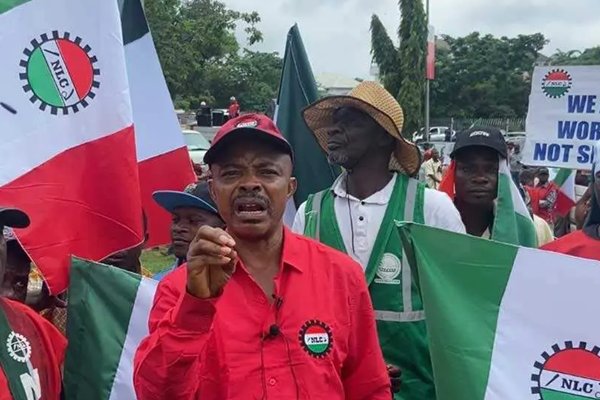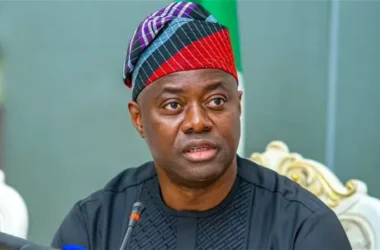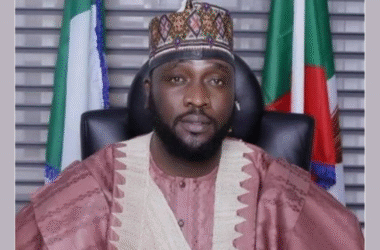The Nigeria Labour Congress (NLC) has raised concerns over the tax policies under President Bola Tinubu’s administration, stating that civil servants are now paying more in taxes than they gain from the newly increased minimum wage.
The labour union also accused the government of failing to uphold agreements made through collective bargaining and claimed that social safety nets in the country are nearly non-existent.
Speaking at the Tripartite Panel on Global Coalition for Social Justice at the UN House in Abuja, NLC President Joe Ajaero criticized the government’s economic policies. He noted that despite claims of improvement, workers continue to suffer under high taxation, rising electricity tariffs, and an overall lack of essential public services.
“We are in this hall, and somebody is telling us that the economic policies are showing positive signs. When this government came into power, they removed subsidy on petroleum products; by that, millions of naira were expected to come in,” Ajaero said. He questioned where the funds from subsidy removal had been directed, noting that infrastructure improvements have not been evident.
Ajaero further argued that the increased minimum wage has been overshadowed by high tax rates, leaving workers with lower take-home pay than before. “The tax regime today: some of the civil servants here pay more than the increase in minimum wage. What they were collecting before the minimum wage is higher than what they’re collecting now because of the tax regime,” he stated.
He also expressed frustration over the country’s failing public services, saying, “Nigerians generate their power. Nigerians sink boreholes for their water. There’s no public transportation in Nigeria that is free for people to go. The hospitals are not there.”
The NLC also recommended that the International Labour Organization (ILO) establish a universal wage system and standard working conditions for employees worldwide. Ajaero proposed that even if a global wage system starts with a basic benchmark, such as $20 or $50, it would help ensure fairness in income distribution across different countries.
“And we equally need to look at if it is possible a universal or global wage system, even if we have indices like $50 or $20 and countries of the world key into it and we know where some of us are standing,” he stated.
He also criticized the government’s failure to implement agreements reached through collective bargaining. He noted that despite negotiations on issues such as the recent electricity tariff increase, companies have already enforced the hike before a proper resolution was reached.
“The minimum wage that was mentioned here, as of today, most organisations, most corporations have not implemented it almost a year after. But if it is a tax regime, you can see a situation where you increased the minimum wage this month; you have not implemented it, but there are taxes and tariffs that have made a mess of that minimum wage if it is eventually being implemented,” he explained.










